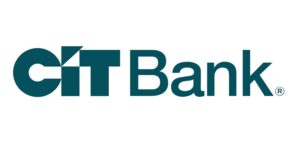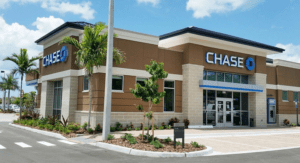
Acquiring a credit card requires good credit and at least some income to pay off the card each month. If you have bad credit and low income, you may consider having a co-signer.
A co-signer takes full responsibility to pay back the loan in the case that you are unable to. A co-signer helps provide the lender assurance that your the money lent to you will be repaid.
If you would like to find out more about co-signers and if it is a good idea for you, then keep reading to learn more.
Which Credit Card Providers Accept Co-Signers?
There are some credit card providers that allow co-signers, but there are many that do not. If you would like to open an account with a co-signer, check out the list below to see those that do allow and those that do not.
| Allow Co-Signers | Do Not Allow Co-Signers |
| Bank of America Capital One U.S.Bank |
American Express Barclaycard Chase Citi Discover Wells Fargo |
Credit Card Co-Signer vs. Authorized User
A credit card co-signer or joint account holder shares the same responsibilities as the cardholder for making payments and following the card’s agreement terms. Therefore, if the cardholder makes a late payment, then the co-signer will will have the late payment reported on their credit report too.
On the other hand, an authorized user is not legally responsible for any accumulated balances. They are generally just a user that has permission to use and access the account, typically of a child or spouse.
Who Might Need a Credit Card Co-Signer
It may be necessary to have a co-signer if you do not meet the lender’s requirements based on your credit history or income in order for your application to be approved. Those who may need a credit card co-signer generally fall into three groups:
- Little or no payment history: According to myFICO, 15% of your credit score is affected by credit history length. It can be difficult to be approved for a new credit card if you have never had one before and do not have any loans.
- Poor credit score: If you have a credit score that ranges from 300 to 579, this is considered a “very poor” score and makes credit card providers more unlikely to offer you an account.
- Low income: If you have low income, credit card providers may be weary that you may not be able to pay your credit card bills on time.
If any of these groups apply to you but you do not want to or are unable to get a co-signer, there is also a secured credit card you can apply for. This card allows you to establish, strengthen, and rebuild credit, but typically requires a security deposit.
Risks of Being a Credit Card Co-Signer
There are some risks attached to being a co-signer, so you may want to consider what you could be responsible for:
- You are responsible for ensuring that any credit card debt the primary cardholder accumulates will be paid off. If the cardholder does not pay off the debt, you will be required to pay it off. Make sure you would be able to pay off their debt if need be.
- You are responsible for paying the cardholder’s full amount of debt and any fees that he or she does not pay.
- In certain states, the credit card provider can collect debt from you first without going to the primary cardholder to collect first.
This is a huge financial responsibility, so be sure you are prepared to take the risk for the person you are co-signing for and that you can do so financially.
 |
 |
Bottom Line
A co-signer is a big responsibility. It helps those who are unable to get a credit card on their own due to things like low income, poor credit score, or little to no payment history. Remember, that if anything happens it also affects the co-signer.
For more information on banking, check out more bank guides right here on HMB!
Below are a few secured/unsecured credit cards options:
- Capital One Secured Mastercard
- First Progress Mastercard Secured Credit Cards
- Fit Mastercard
- Reflex Mastercard
- Surge Mastercard
- First Access Visa Credit Card
- First Digital NextGen Mastercard®
- Total Visa® Unsecured Credit Card




Leave a Reply